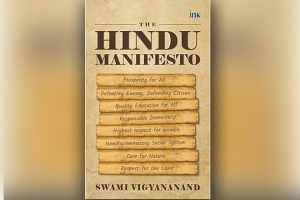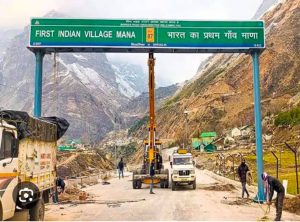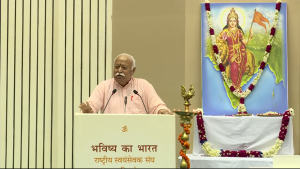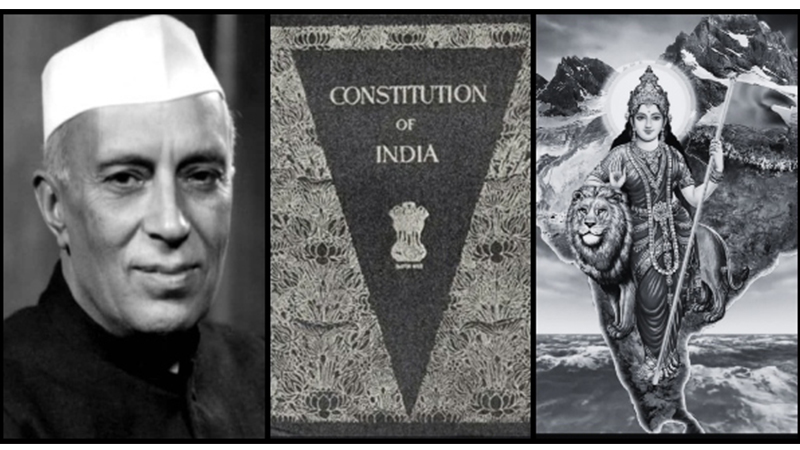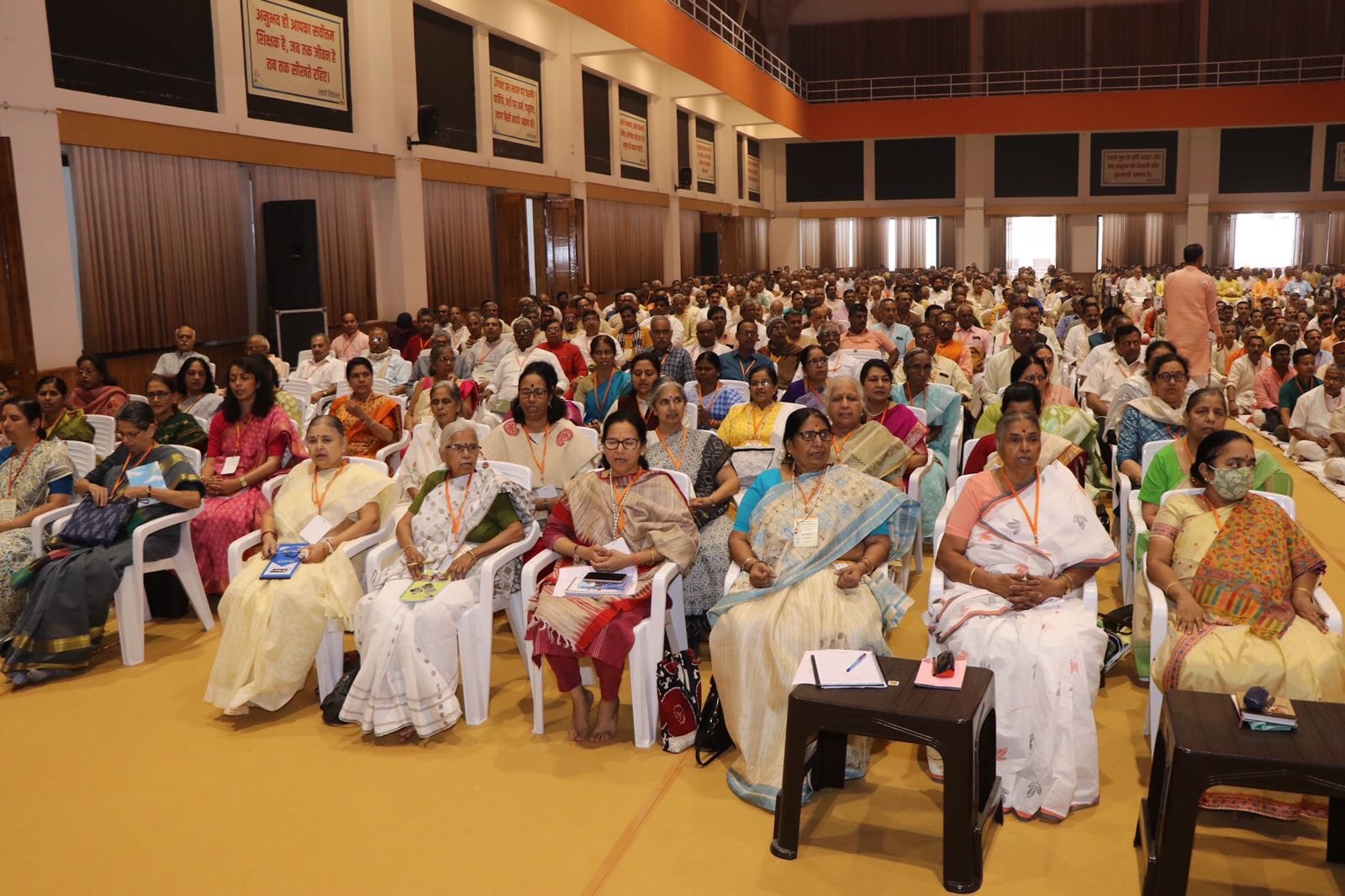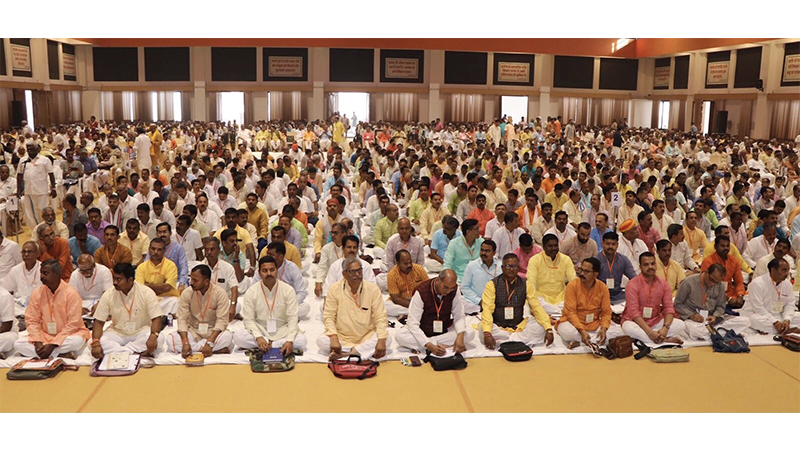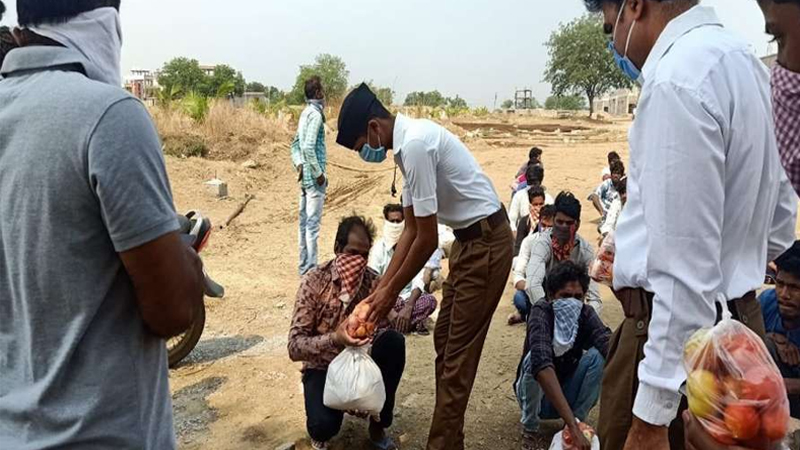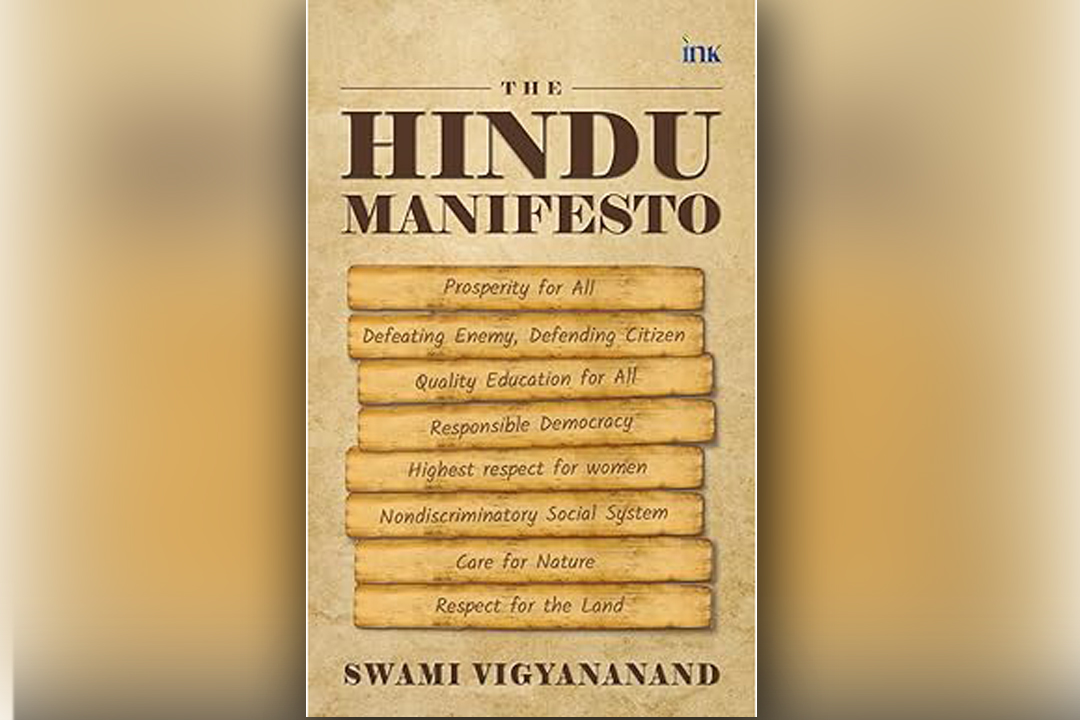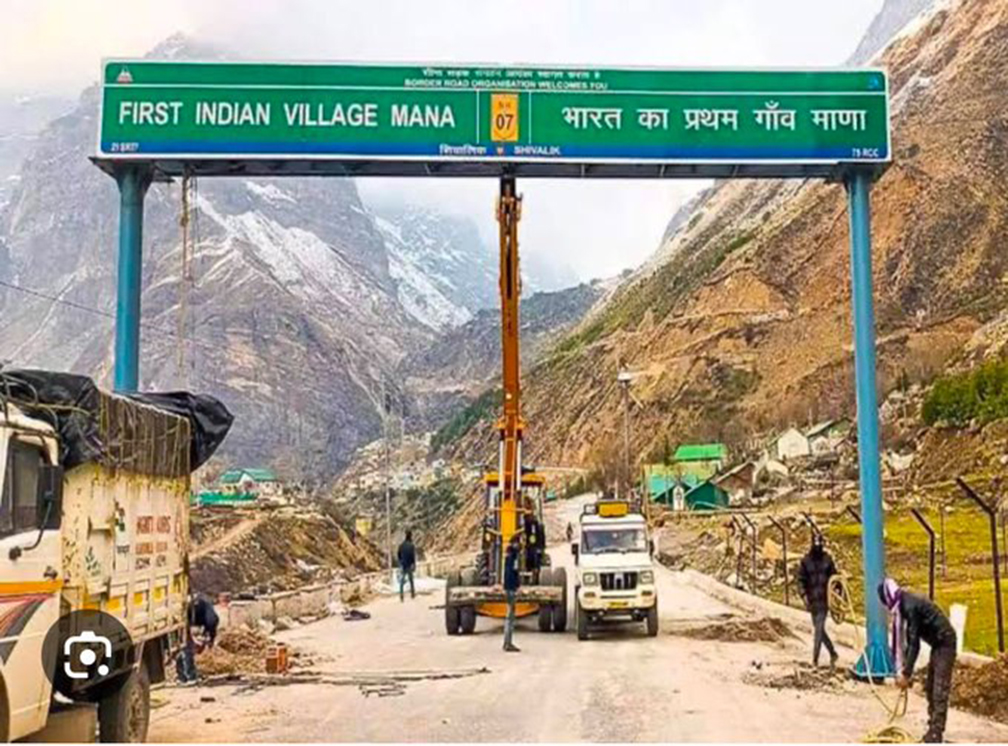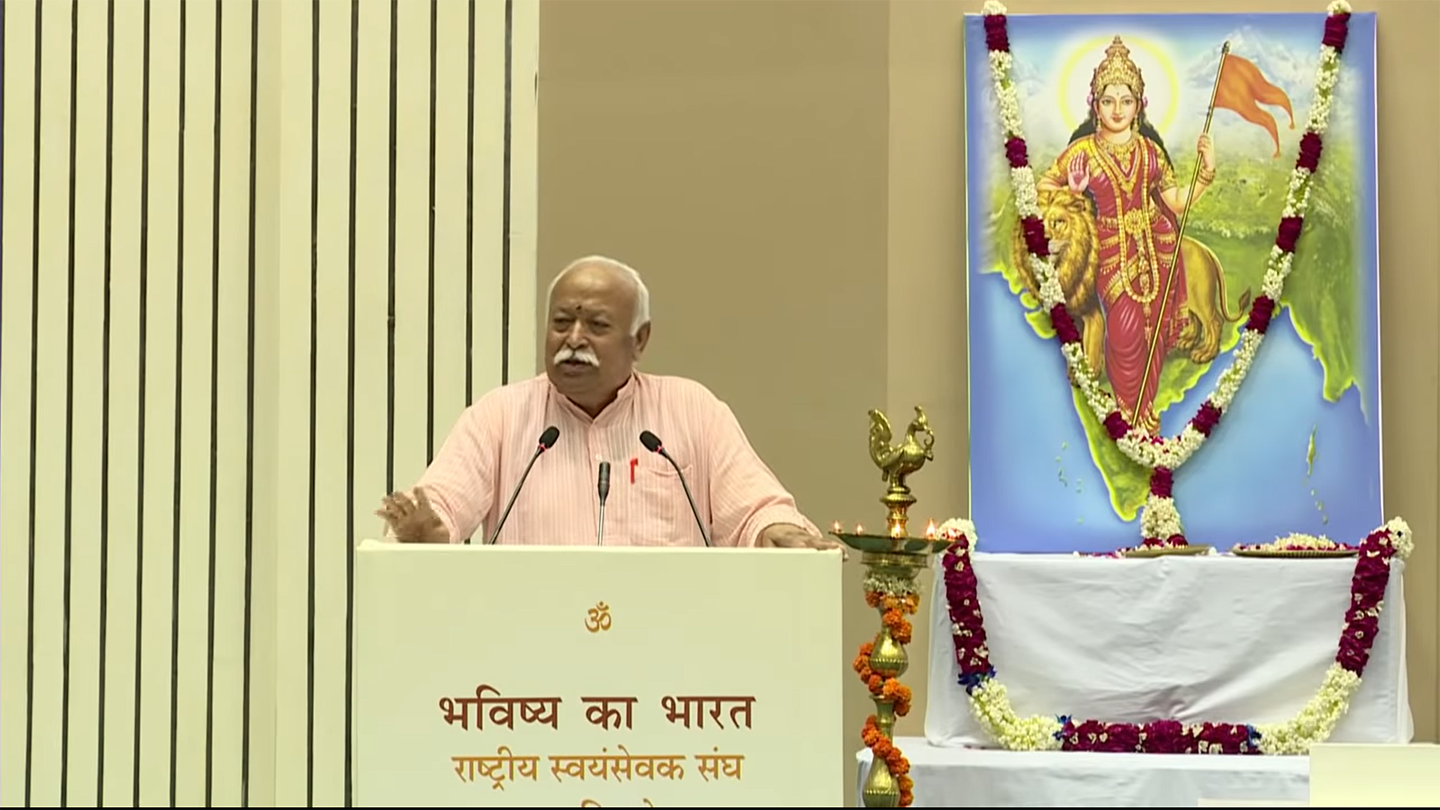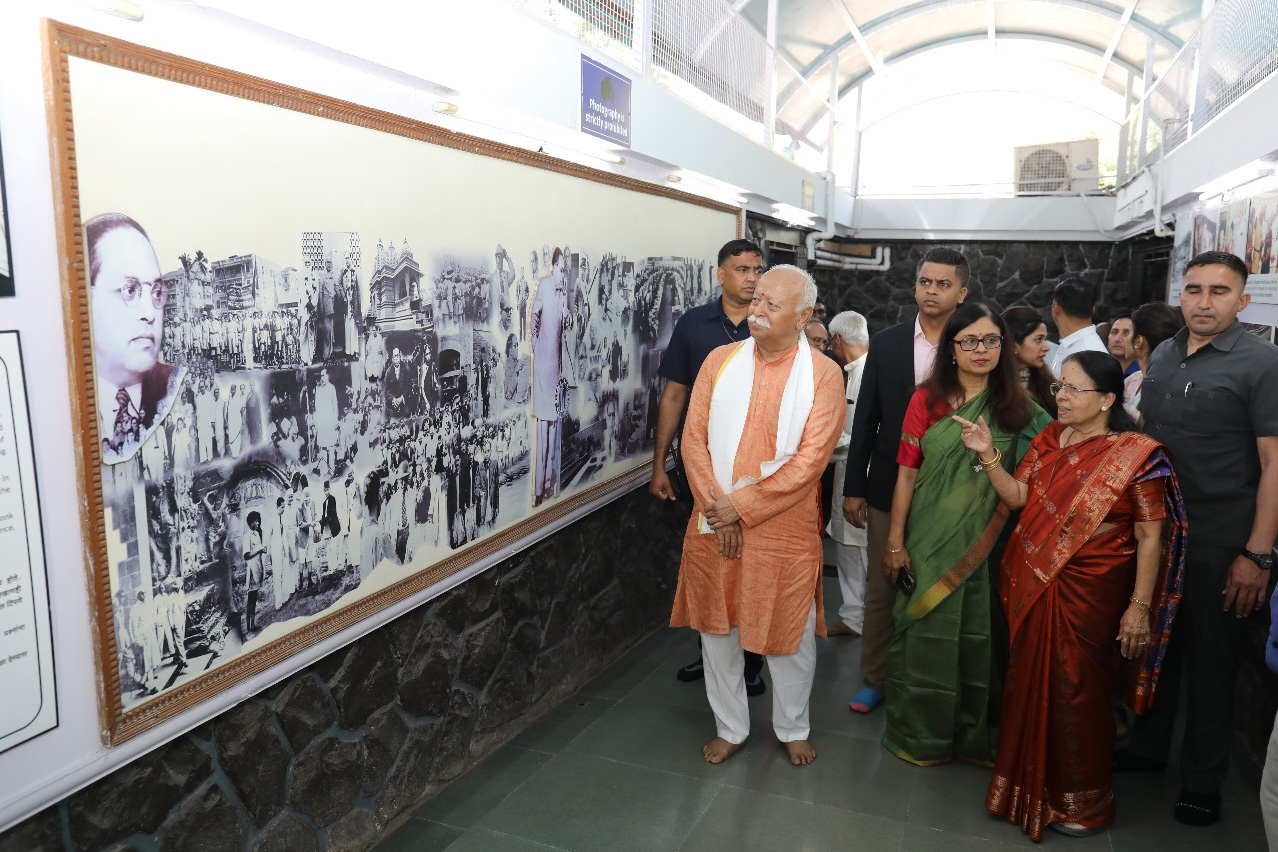RSS flags flawed development models leading to environmental crisis
Updated: October 22, 2024 2:47
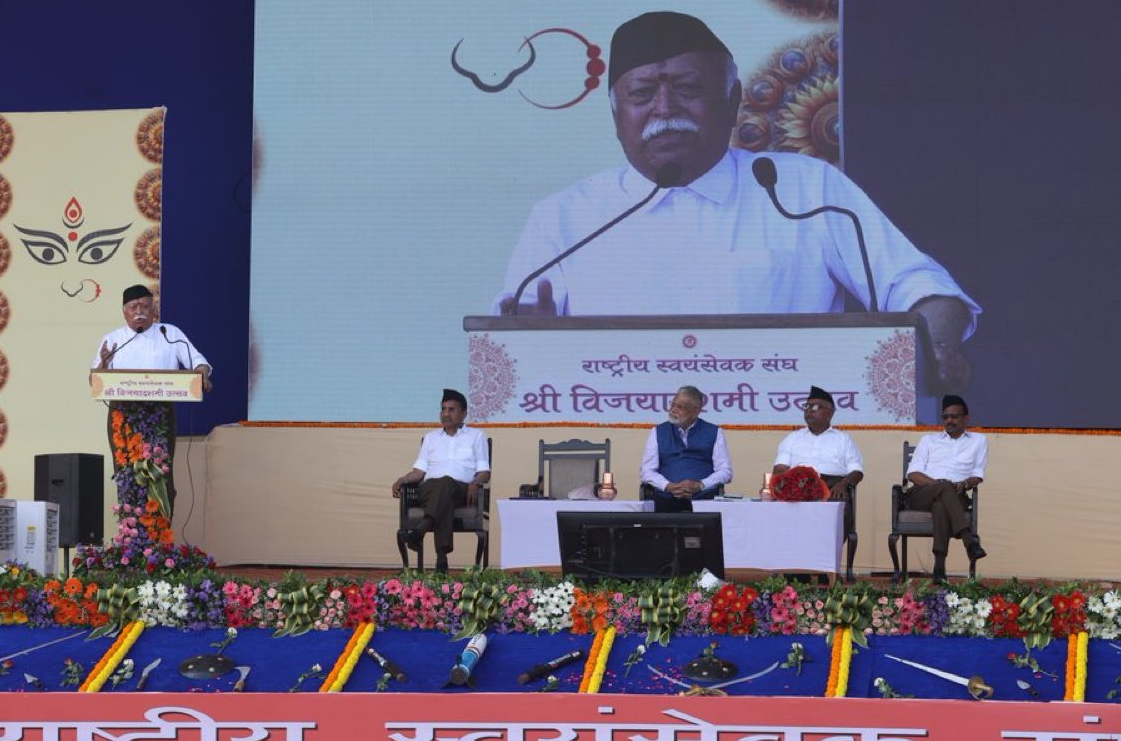
The Rashtriya Swayamsevak Sangh (RSS) has once again flagged, quite emphatically, that while India is doing great in terms of growth, the policy makers need to have a relook at the current development model that has created a major environmental crisis.
Addressing the society on 99th Founder’s Day of the RSS on Vijayadashami (October 12, 2024) at Nagpur(in the Indian state of Maharashtra), the RSS Sarsanghchalak Mohan Bhagwat spoke at length about it also offering some immediate solutions that can be initiated at the micro level by the society.
Bhagwat said, a global problem in the environment around us which is also being experienced in our country in recent years is the bad condition of the environment. The seasonal cycle has become irregular and violent. The so-called developmental journey of man, based on the incomplete ideological basis of consumerism and materialism, has almost become a journey of destruction of the entire creation including humans. We should have made our developmental path on the basis of the complete, holistic and integrated vision based on our Bharatiya tradition, but we did not do so. At present, such thoughts are being heard a little bit, some things have been accepted superficially and a few have been changed. Much more needs to be done.
He emphasised that India is also suffering the consequences of blindly following the incomplete developmental path that leads to destruction in the name of development.
Bhagwat said, “The summer season scorches, the rain takes away everything and the winter freezes life like a dead body. We are experiencing this cruel intensity of the seasons. Due to deforestation, greenery got destroyed, rivers dried up, chemicals poisoned our food, water, air and even the earth, mountains started collapsing, earth started cracking, we have been having all these experiences in the last few years. There is no alternative than to build a path on our own ideological basis which will compensate for all these losses and will give us sustainable, holistic and integrated development. This is possible only when there is a unanimous ideological consensus for this in the entire country and a decentralized method of implementation keeping in mind the diversity of the country.
Immediate Solutions
The RSS Chief underlined the urgency of acting immediately as it would take time to resolve policy issues related to the environment. We, in our capacity as individuals can start by practicing three small and simple things from our homes, he added.
The first thing is to use water as minimally as possible and conserve rain water.
The second thing is not to use plastic items, completely abstain from using what is called single use plastic.
The third thing is to increase greenery in our homes and outside, plant trees and participate in afforestation and preservation of traditionally planted trees everywhere.
India’s own Economic Ideology
When Bhagwat talked about India’s economic ideology, he was probably referring to the RSS worldview that neither capitalism nor socialism can provide a permanent solution to the problems of the world as both are based purely on materialism and consumerism. Apart from these two models there has to be a ‘third way’. This was the term carved out by RSS ideologue Dattopant Thengadi, a stalwart who had sent up organisations like Bharatiya Mazdoor Sangh, Bharatiya Kisan Sangh and Swadeshi Jagaran Manch. Thengadi’s ‘Third Way’ and Deendayal Upadhyay’s ‘Integral Humanism’ form the core of the RSS’ worldview about a decentralised, human oriented, sustainable model where there is no conflict between different stakeholders.
Thengadi outlined in his seminal work ‘Third Way’ (Sahitya Sindhu Prakashan; second edition;1998) how Bharatiya perspective is fundamentally different from the Western framework of economics and why we need an indigenous economic philosophy.
“In the materialist West, it was believed that matter is basic and the mind is only a superstructure. Consequently, socio-economic order was basic. Once an appropriate order is established corresponding psychological changes in the popular mind would follow automatically. That this belief was not correct has been proved now beyond doubt,” says Thengadi.
He further explains the contours of a new global order based on ‘Third Way’: “Defining the proposed new global order according to ‘Third Way’, Thengadi says, “Dharma envisages autonomy of each human group to seek its social-fulfilment through its own unique paradigm, and psychological integration of all such groups in a common framework of harmonious and mutually complementary interrelationships of One World – Vasudhaiva Kutumbakam – each group enriching the common, human understanding by making its own characteristic contribution to the collective wisdom of humanity.”
Upadhyay’s philosophy of integral humanism has also to be seen in this context. Ashok Modak has explained it in detail in an essay titled ‘Relevance of Ekatma Manav Darshan’ (Ekatma Vikas Patrika, Volume I, Issue 1 April–June 2024, Yugabd 5126, English, Quarterly), “Deendayalji has stated that if from the perspective of capitalism every man is an economic man, from that of Marxism, everybody is an abstract entity. He has further argued that if the ‘economic man’ of capitalism runs exclusively for pocketing personal profit in each walk of life, the ‘abstract man’ of Marxism finds himself totally helpless, unable to exercise his individuality, his tastes and preferences. Integral Humanism is interested in re-establishing ‘Man’ in his rightful position, in bringing him to the realization of his greatness, in encouraging him to exert for attaining divine heights of his latent personality.”
It isn’t going to be an easy task to shift from the western development model to India’s own economic models. The policy makers in bureaucracy have been trained primarily to work on western economic models. India needs a new set of policy makers who are trained in India’s indigenous economic philosophy and ideology. Otherwise, the writing on the wall is clear.

